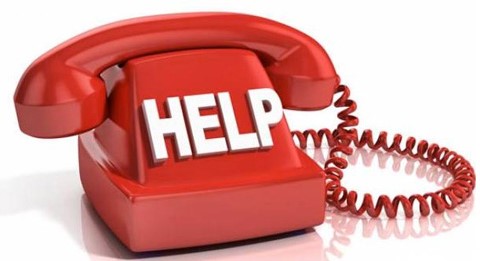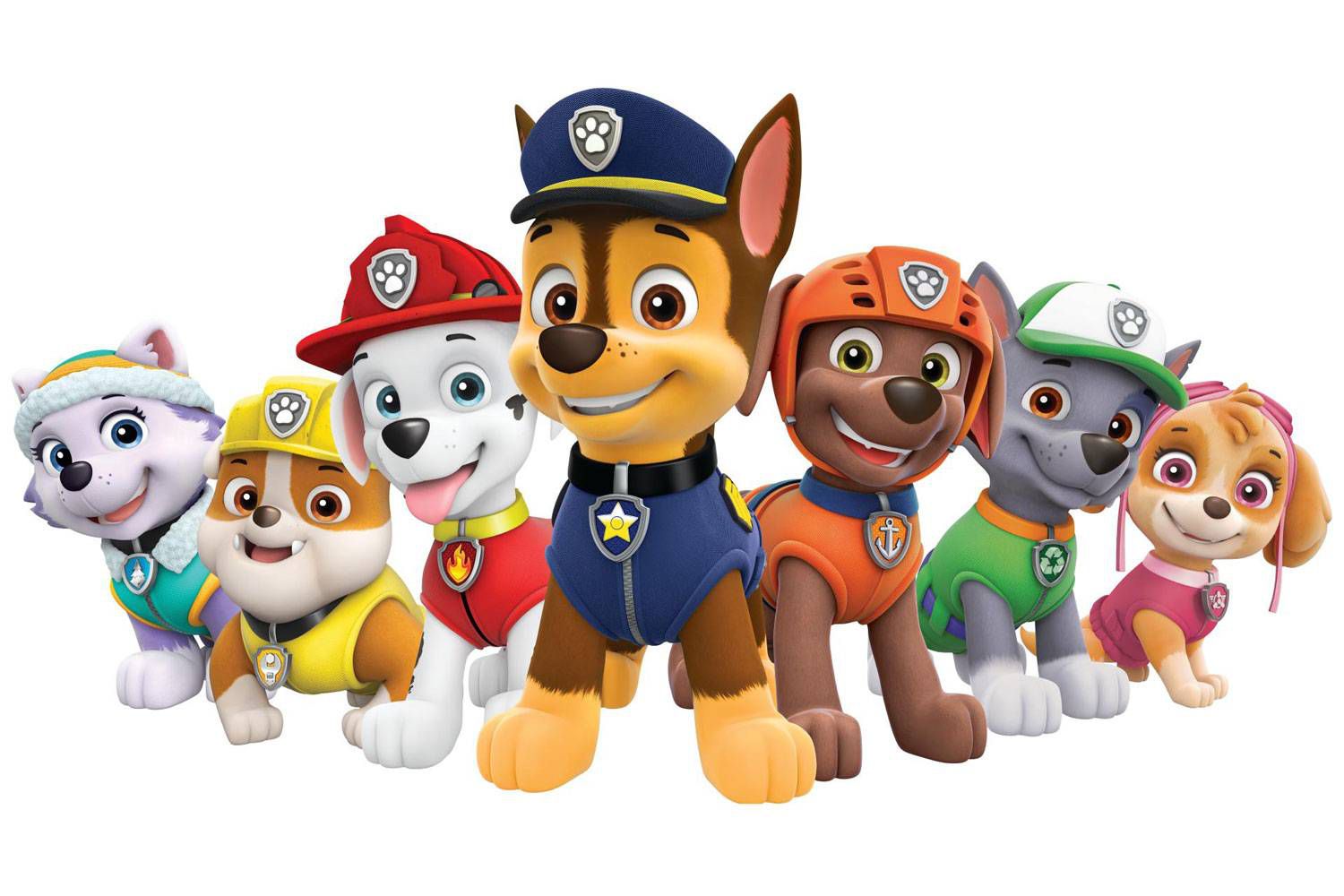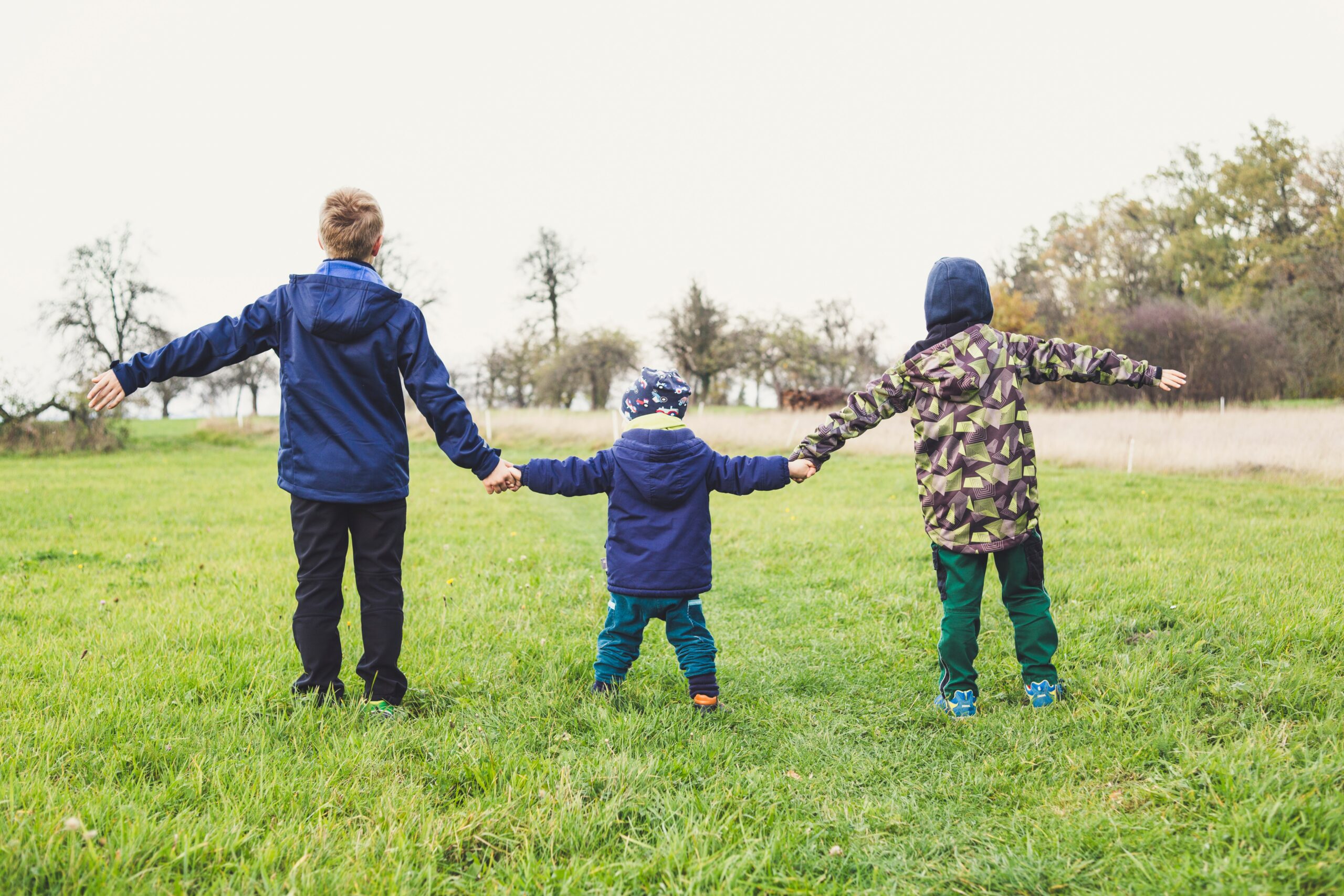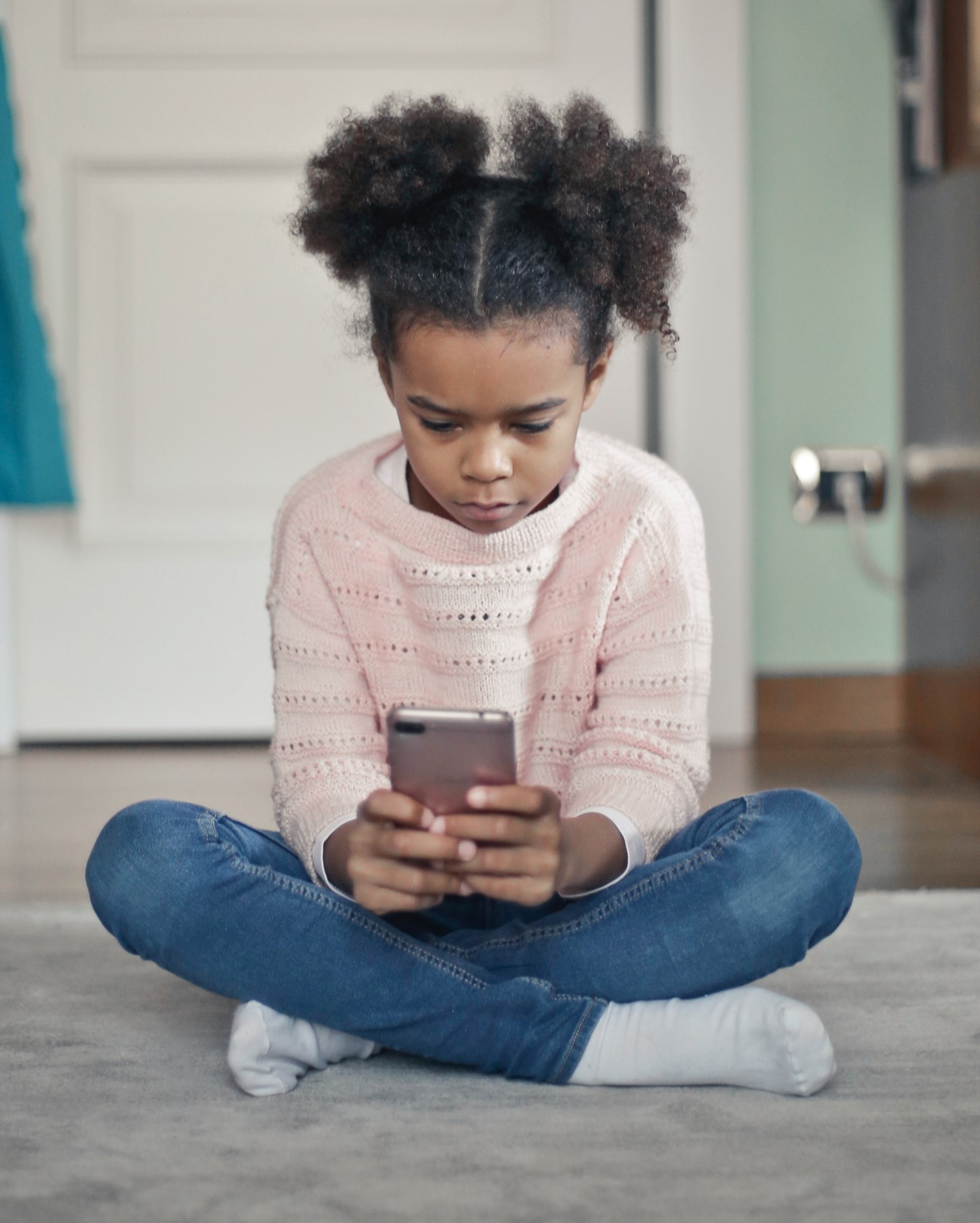From a very early age children have the capacity to remember and recite lots of information. Teaching children what to do in an emergency doesn’t need to be frightening. Obviously, we want to keep it age appropriate, but knowing what to do and how to get help actually empowers your child to deal with stressful situations.
When to use ‘999’
Knowing the difference between a problem and an emergency is important. Losing a toy or arguing with a friend is upsetting but it isn’t an emergency. A parent or carer who they can’t wake up or doesn’t move, is an emergency.

Know your emergency
Teach your children about the different roles of doctors, paramedics, fire fighters & police. One of the first questions they will be asked is which emergency service is needed – fire, ambulance or police. If they are unsure, it is important they can describe what is happening:
- ‘Mummy has fallen and won’t wake up.’
- ‘There is a fire in the kitchen.’
- ‘A stranger is trying to break into my house.’
There are lots of cartoons, TV programmes and visual aids that can help young children learn about who the emergency services are and what they do.

Teach them to remember four things
Help will arrive more quickly if you have taught your children:
- How to dial 999 – teach your children to memorise ‘999’. Calling from a landline will help the emergency services locate your address, however, many households only have mobile phones, so it is important that young children know how and when to use these.
- Full names – teach your children their full names and the full names of their parents and carers.
- Address – teach your children their full home address. If something happens away from home teach them how to look for landmarks that might help identify their current location i.e parks, signs, shops, schools, stations etc.
- Telephone number – teach your children your home telephone number or mobile number.
- Describe – your children will need to be able to describe what has happened, where it has happened and who is with them. It is helpful to tell the call handler if the parent/carer has any pre-existing medical conditions i.e diabetes, epilepsy, severe allergies.
Stay
Teach them how to stay calm; that help will be on the way and to stay on the phone so the call handler can continue to help and reassure them.
It’s no joke
The emergency services will understand if ‘999’ has been dialed unintentionally, but it is important to teach children and young adults that making hoax calls to the emergency services deprives someone else of life-saving treatment.
Misuse of ‘999’ is a criminal offence and can lead to up to 6 months in prison or a £5000 fine.
Plan
As a family, make a plan about what to do if:
- There is a fire;
- A medical emergency;
- An intruder.
This can be part of a wider plan such as what to do and who to contact if a parent doesn’t pick them up from school; they get lost or miss a bus/train home. Parents and carers who have pre existing medical conditions, can teach their children what signs and symptoms to look for. Older children may be able to assist by understanding and knowing how to give prescribed medications or treatments.
Children are extremely resilient and have the capacity to help in an emergency situation.


